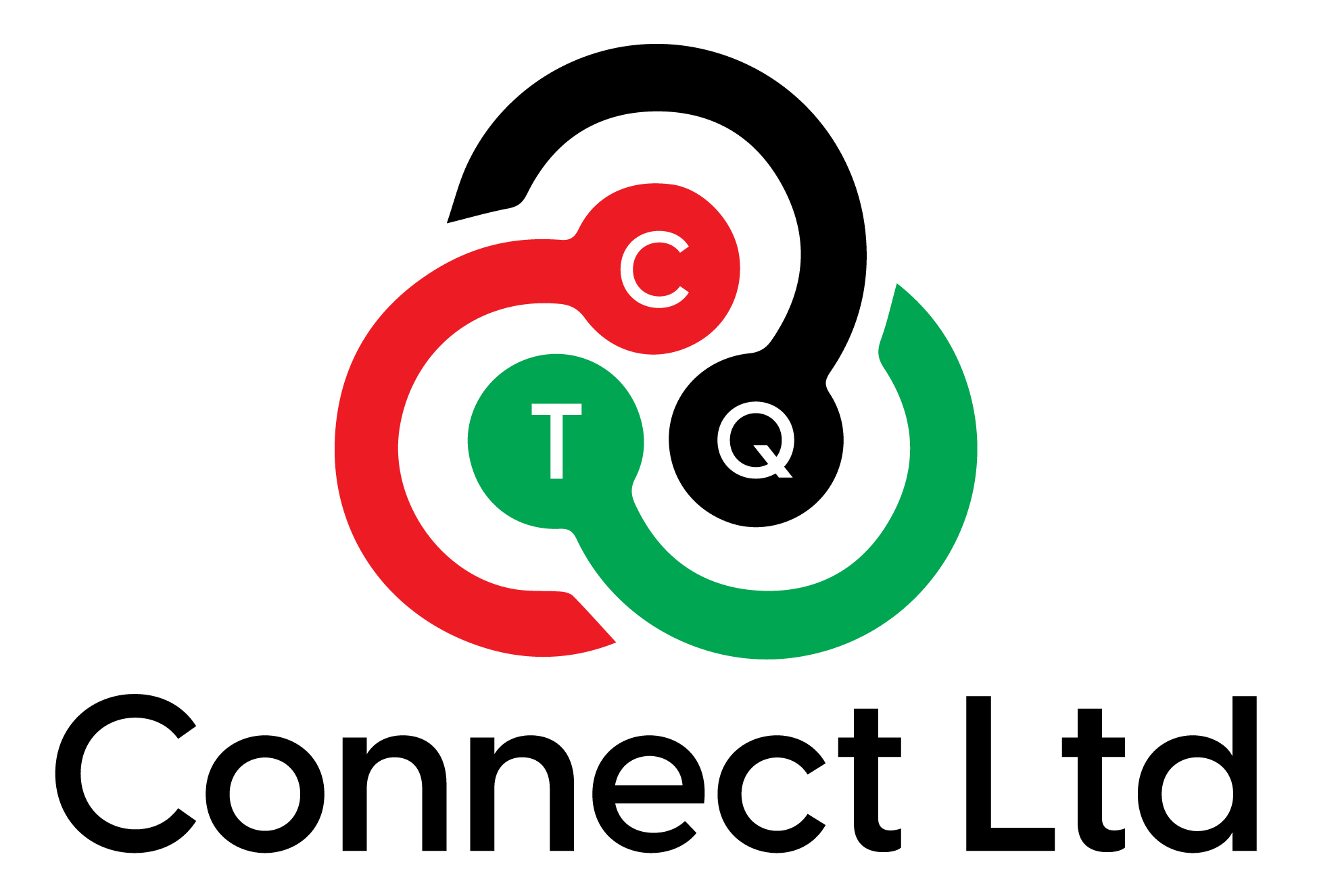In today’s fast-changing business environment, attaining operational efficiency is critical for companies to remain viable. ERP/MRP is an efficient solution that can be implemented for successful organizational development in an organization. Although these systems demand autonomy to run, integrating the two systems involves an extensive array of advantages that can improve the operations of businesses across many industries. In this blog, we will discuss a few benefits that can be accrued from implementing the integration of ERP and MRP systems.
Before discussing the benefits, it’s important to understand what ERP and MRP systems do:
ERP (Enterprise Resource Planning): ERP integrates the primary business functions of every organization and includes; finance, procurement, human resources, and even logistics. By combining these functions, and making them available to businesses in one place, companies can get a real-time view into how things operate.
MRP (Material Requirements Planning): MRP systems are however specific in that they are involved with managing the production schedule and inventories. They assist companies in the planning of the materials required for production, and the supply of materials that enable the business to meet manufacturing requirements without overstocking.
Note that both systems are important for the success of the business, but using them hand in hand increases the efficiency of the company.
Enhanced Data Flow and Accuracy
Integrating ERP and MRP systems allows for seamless data transfer between departments. Instead of isolated information in separate systems, integration allows for real-time changes across all business sectors, including inventory and procurement to finance and manufacturing. This link minimizes errors, improves communication, and boosts overall decision-making. Businesses can obtain accurate data, enabling more timely and smart responses to market shifts.
Improved supply chain management
One of the major areas of maintaining and enhancing supply chain management is the integration of the ERP and MRP systems. It will offer businesses end-to-end transparency of the supply chain including purchasing of raw materials and distribution of final products. This integration assists in better control of the inventory resources, minimizes the likelihood of out-of-stock or over-stocks, and facilitates the operational flow between suppliers and productions. The end benefit is higher levels of demand fulfillment and supply chain optimization hence reduced inventory waste and improved supply chain coordination.
Efficient production planning
MRP systems provide detailed information on production while ERP systems provide total system information. When integrated, businesses can coordinate production planning with other factors that may include available resources, projected cash flow, and employees. This helps in accurate production planning and organizational flow, and hence avoiding time wastage. The end product is a far more efficient, seamless business.
Increased efficiency through cost reduction
ERP and MRP systems can reduce organizational costs if integrated appropriately because the material and resources can be managed more efficiently. Linking inventory, material, and production schedules, would reduce unnecessary purchases of raw materials, optimal labor input, and low holding cost of inventory.
Effective Decision-Making and Predicting
The implementation of an integrated ERP-MRP means that the firm gets to deal with an array of extensive, up-to-date data. This data serves as the fundamental basis for improved decision-making, whether it is about expansion planning, demand variations, or production optimization. With precise and accurate data, organizations can predict market shifts and plan for the future.
Easy Compliance and Reporting
ERP and MRP can enhance the compliance data tracking and management process. Bringing efficiency in computing, reporting, monitoring key measurements, and timely compliance with all regulations. The working process gets easier and also increases the overall transparency in the organization.
Scalability for Growth
Operational complexities are increasing as businesses expand. Merging MRP and ERP offers the flexibility required to scale effectively. An integrated system lets businesses adjust their operations without disrupting existing workflows, whether growing into new markets, increasing production capacity, or launching new product lines.
Conclusion:
Integrating ERP and MRP systems offers substantial advantages for businesses to boost efficiency, cut costs, and streamline operations. By combining the potency of both systems, businesses can improve data accuracy and supply chain management and make informed decisions based on real-time insights and understanding. At CTQ Connect, we offer practical solutions for ERP & MRP implementation in businesses ensuring the optimal functionality of the organizational processes.
Whether you’re looking to boost production planning, optimize inventory management, or enhance overall business performance, CTQ Connect can help guide your integration journey. Contact us today to learn how our solutions can support your business in achieving operational excellence.


